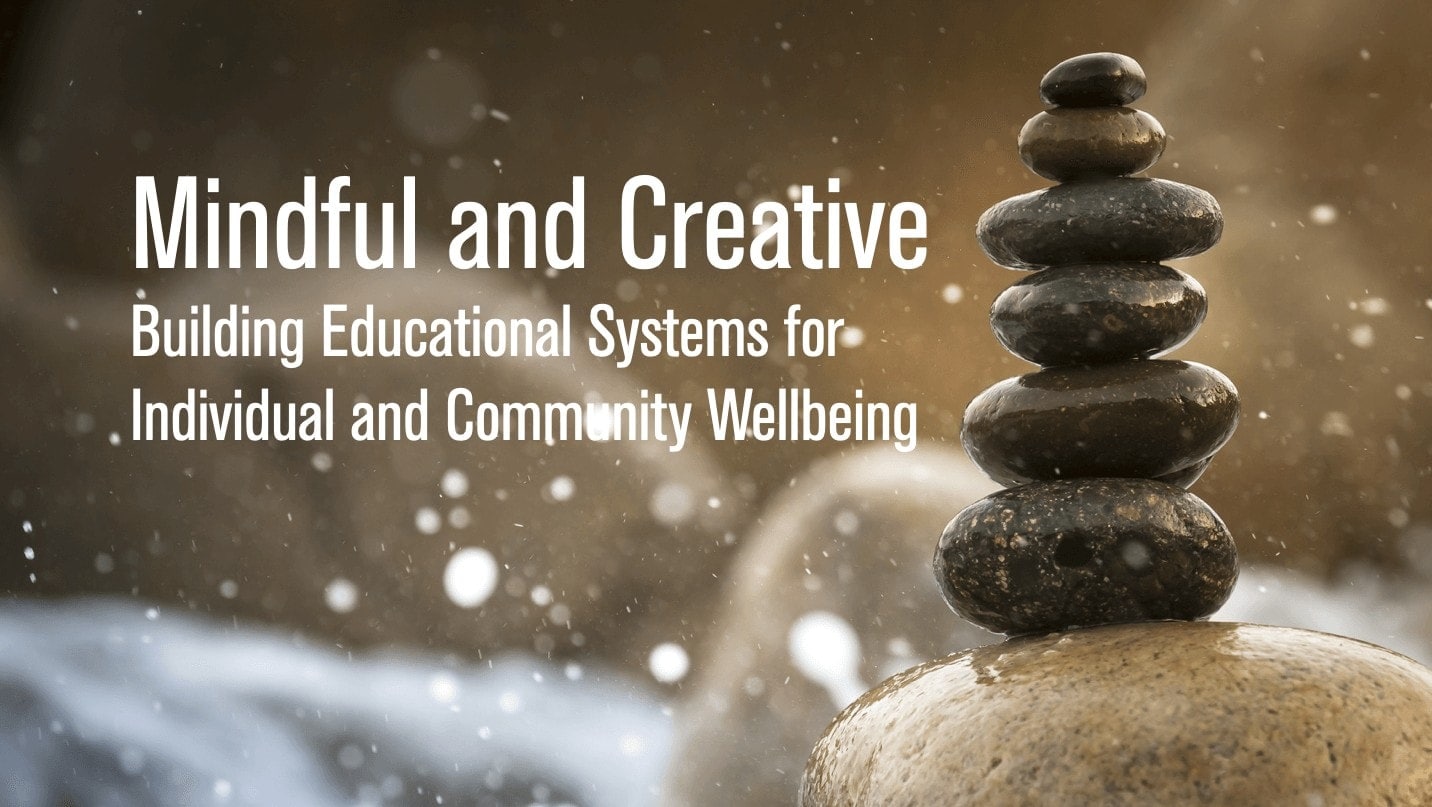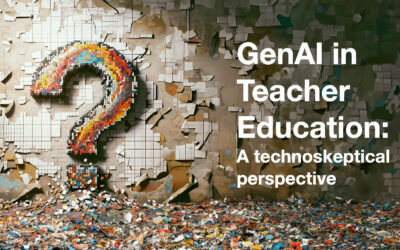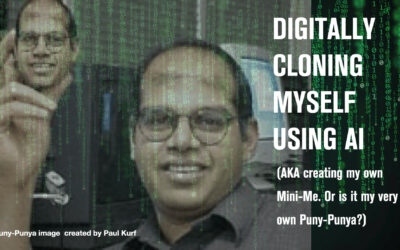Andrew Sullivan is one of my favorite bloggers, not because I agree with all that he says there is a certain sensibility that emerges as you follow his blog for a while that appeals to me. He has a great piece in The Atlantic Monthly titled Why I blog?. Speaking of ship’s logs (and comparing them to web-logs or blogs) he says:
As you read a log, you have the curious sense of moving backward in time as you move forward in pages—the opposite of a book. As you piece together a narrative that was never intended as one, it seems—and is—more truthful. Logs, in this sense, were a form of human self-correction. They amended for hindsight, for the ways in which human beings order and tidy and construct the story of their lives as they look back on them. Logs require a letting-go of narrative because they do not allow for a knowledge of the ending. So they have plot as well as dramatic irony—the reader will know the ending before the writer did.
Read the entire essay…




0 Comments